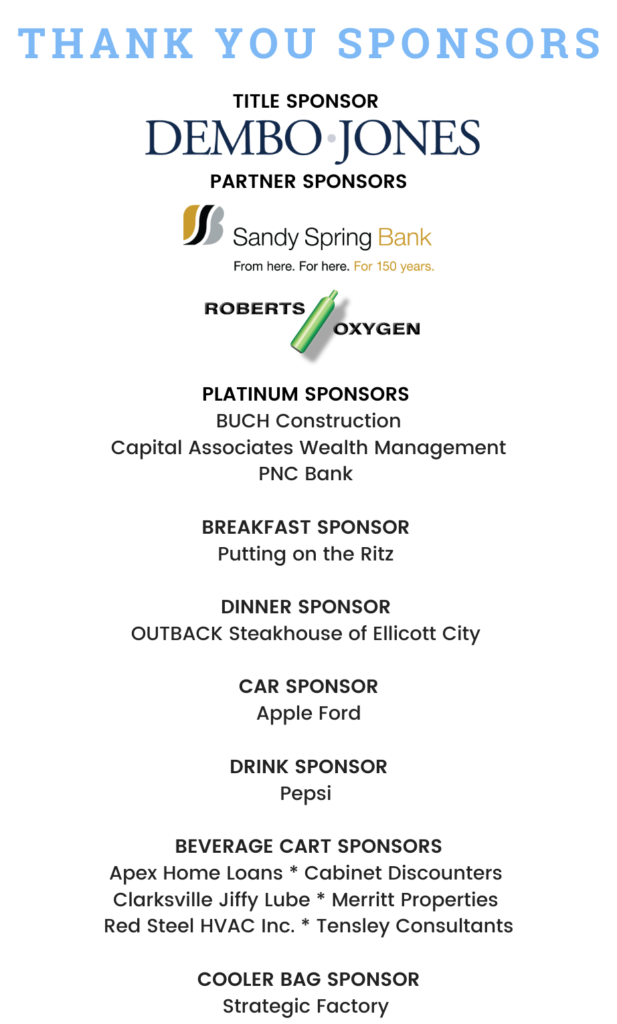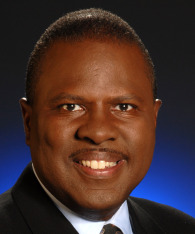Every conversation can be an opportunity to learn something new, build trust with someone, and deepen connections. This happens when we build the skill of active listening and learn to treat listening as an active process – not a passive one.
What is Active Listening?
Active listening is a way of listening and responding to another person that improves mutual understanding. It’s about being present, listening to understand (not respond), and showing active interest and engagement in the dialogue.
Why does it matter?
Active listening is an important skill for all of us to cultivate. Not only is it an important leadership skill, it has been shown to promote mindful thinking, can reduce anxiety and depression, helps build relationships and can promote empathy.
How do we practice it?
At First Tee, we use a process called A-L-R to help build connection through active listening. This helps us to deepen conversations, keep them going, and get the most out of them. Here’s how A-L-R works:
- Asking questions: Asking thoughtful questions is not only a way you can keep the conversation going, but it gives you a deeper understanding of the person or topic you are engaging with.
- Helpful Tip: Be curious. Try asking questions that dig a bit deeper: How did they feel in that moment? What was going on in their minds during that experience? What would they do differently the next time? These make the conversation richer, rather than closed-ended questions that are typically answered with a simple Yes or No.
- Listening to understand: When you ask a question, it is important to listen carefully to what the person is saying. We can sometimes be fixated on what we are going to say next, or when it’s our turn to jump back into the conversation, but try not to think about what you are going to say next.. Your focus is on them and their perspective rather than your own.
- Helpful Tip: Make an effort to try to clear your mind first of any distracting thoughts. It can help to jot down a mental or physical note of things on your mind in order to give your full attention.
- Reflect & respond to the reply: Keep the conversation going by responding in a way that connects with what they just said. You can try to restate in your own words what the person said, share what you think or feel about it, or ask another open-ended question that connects with what the person just said.
- Helpful Tip: Show engagement and interest in what they are saying: look them in the eye when they are talking, use body language like nodding your head.
Active listening requires work, but you’ll be surprised at how much reward there is when you approach conversations and communication with this skill. Active listening is just one of the skills we are supporting kids and teens to build at First Tee. Click here to find out more about our programs.
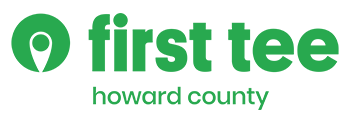

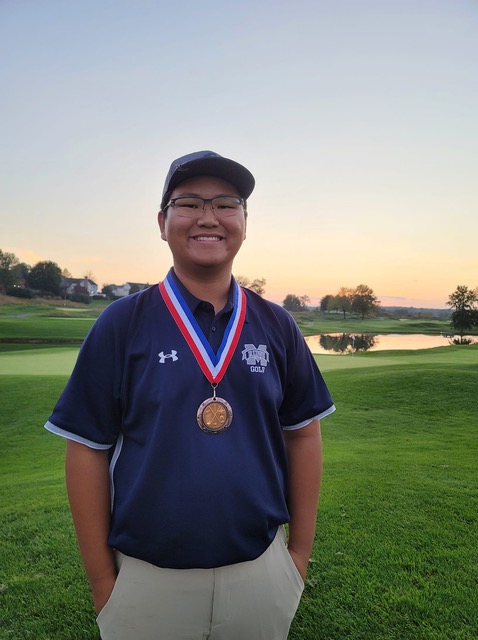

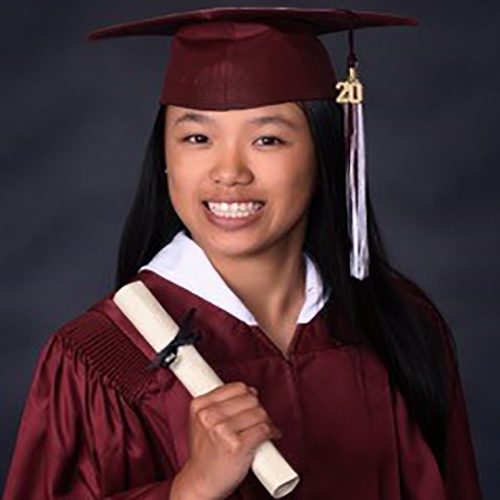
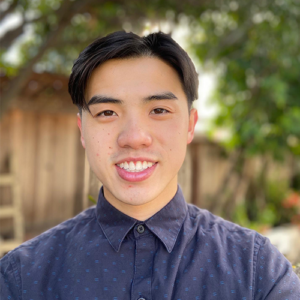 1. Why is mentorship important?
1. Why is mentorship important?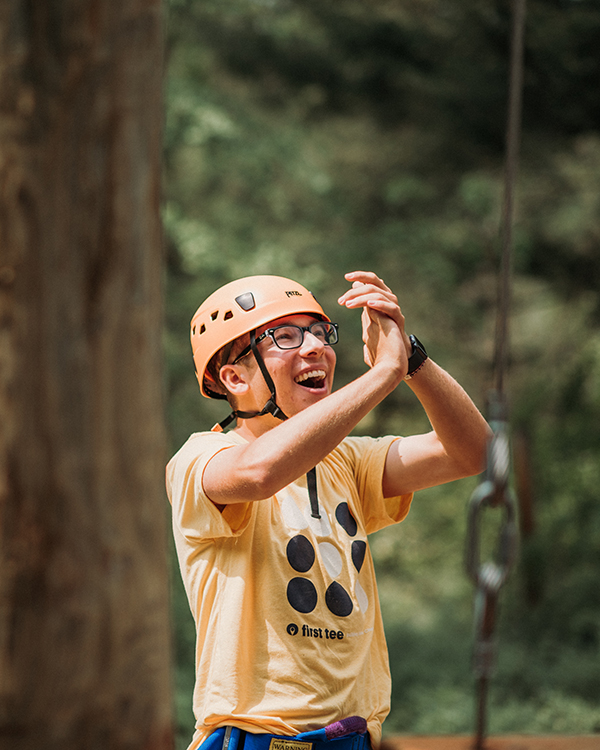 Benjamin Parris, First Tee – Denver
Benjamin Parris, First Tee – Denver